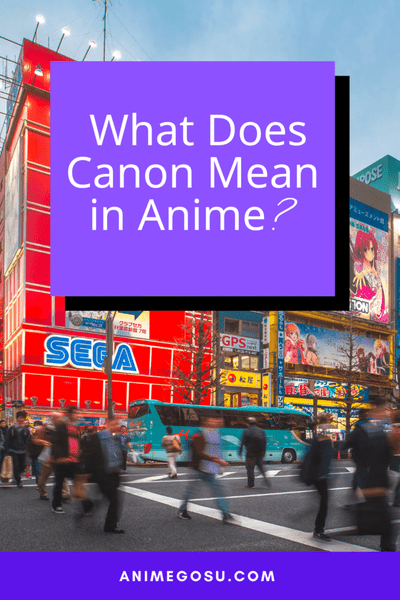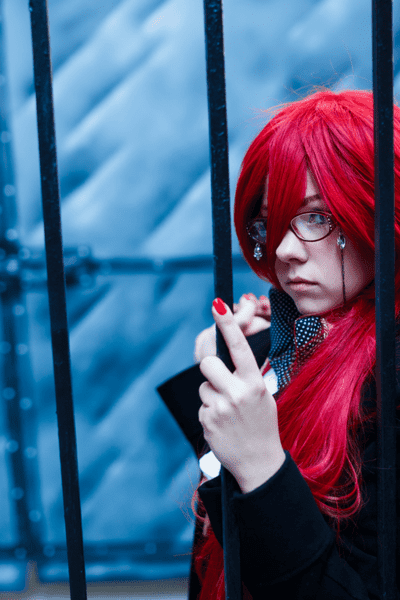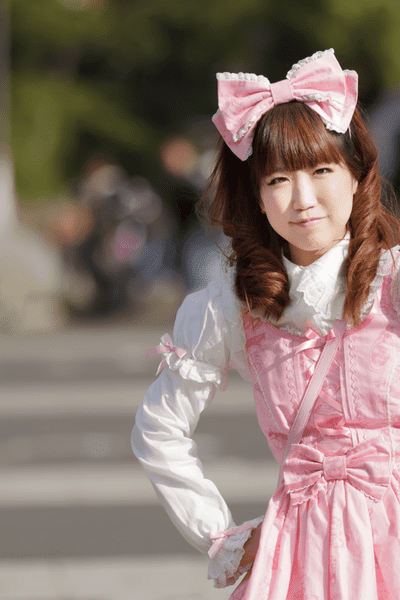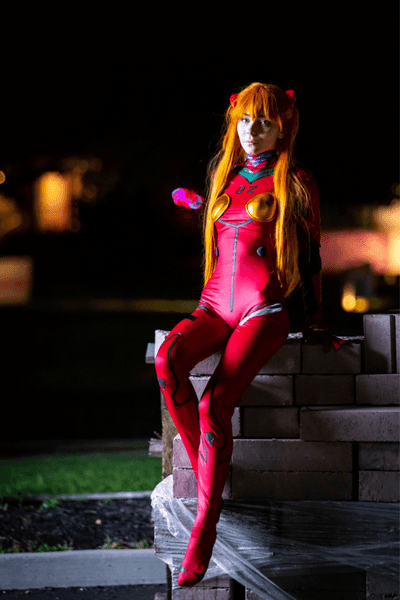When people discuss anime, they sometimes use the word “canon.” There are plenty of debates over what is and isn’t canon, especially when people discuss long-running series.
What does canon mean in anime? Is it important to know if something is canon? What’s considered to be non-canon?
Table of Contents
What Does Canon Mean In Anime?
In anime, something is canon if it’s considered to be an official part of the story. An anime’s primary storyline is canon, but alternate universe works and fanfiction are not. Since many anime series are based on manga, light novels, and games, an anime’s canon could be different from other versions of the story. Some fans only consider the events from the original source material to be canon, while others believe that there are separate canons.

What Does Canon Mean In Anime?
If you’re watching an anime casually, it’s safe to assume that the events of the show are canon. However, if you’re engaging with side materials, reading the manga, or participating in online discussions, you’ll probably have some questions about canon sooner or later.
Canon can be hard to understand at first, but it’s not as complicated as it seems. Read on to get a better understanding of canon and how it applies to anime.
An Animes Canon
An anime’s canon is its official main storyline. While it’s often used in conversations about anime, it can apply to any work of fiction.
The word “canon” is designed to differentiate between events that are a part of a story and events that aren’t. As an example, an anime movie might show unique events that aren’t a part of the main series.
Anime fans often have differing beliefs on what is and isn’t canon. Some fans believe that the original version of a story is the canon version, and any variations are non-canon.
When anime is adapted from manga and light novels, the anime sometimes gets ahead of the original source material. Because of this, some shows have “filler” arcs or diverge from the original story.

What’s the Difference Between Non-Canon and Filler?
In anime, filler is used to refer to episodes and story arcs that don’t advance the main plot as well as content that doesn’t exist in the source material.
If an anime has gotten ahead of its source material, the studio might introduce a filler arc to give the source material a chance to catch up.
Filler isn’t always non-canon, and not everything that’s considered non-canon is filler. For example, an anime movie set in an alternate universe isn’t canon, but it isn’t filler either.
An original anime might have a filler arc that doesn’t advance the plot, but is still considered canon. In some cases, the creator of a series might decide to make filler content canon.
One example of this is Ai Aino from Aria, an original character created for the Aria anime. Fans loved the character, and she was eventually added to later chapters of the manga.

What’s a Retcon?
Retcon stands for “retroactive continuity.” When something in an anime is retconned, the established canon is changed.
In some cases, a retcon might change what people believe to be true about a series. For example, a character that appears to be dead could later be shown to be alive.
Retcons can also replace established canon with something new. Events that used to be canon can be erased and replaced with different events.
A famous example of this is Space Battleship Yamato, a sci-fi anime from the 70s. The series was originally intended to end with a movie, which decisively wrapped up the series.
When fans responded poorly to the movie ending, the series was brought back for a second season. The movie ending was declared to be non-canon, and the second season took the story in a different direction.

Are Anime Movies Canon?
Non-canon anime movies are very common. Some of the most popular anime of all time, like Dragonball Z and One Piece, have movies that aren’t canon.
With that said, there are plenty of series that do have canon movies. Demon Slayer: Mugen Train, which has the all-time highest worldwide gross for an anime film, is canon to the main series.
Some series have used movies to expand their canon. The creator of My Hero Academia, Horikoshi Kouhei, was a story supervisor for the anime films and has said that they’re canon to the manga.
You shouldn’t assume that an anime movie is canon, but canon movies are becoming increasingly common. With anime films finding big success at the box office, it’s safe to assume that we’ll see even more canon anime movies in the future.

Why Is Anime Canon Different from Manga Canon?
While some anime follow the manga very closely, there will usually be some differences between an anime and its source material. There are several reasons for these variances.
One of the biggest reasons that stories diverge is that anime and manga usually have different writers. If the creator of a manga is hard at work on their series, they won’t have time to write scripts for the anime.
It’s also common for an anime adaptation to start before the manga finishes. When the team behind an anime runs out of source material, they’ll have to decide where the story should go next.
In some cases, these differences in canon are addressed. One of the most famous examples of this is Fullmetal Alchemist.
The Fullmetal Alchemist manga ran from 2001 to 2010. Since the original anime ran from 2003 to 2004, it wound up taking a lot of liberties with the story.
A new anime adaptation, Fullmetal Alchemist: Brotherhood, ran from 2009 to 2010. This anime was able to present a mostly faithful version of the manga’s story.
In recent years, we’ve seen new, more manga-accurate versions of other anime as well, like Fruits Basket. If an anime does stray from the manga’s story, there’s always a chance that there will be a new anime in the future.
Frequently Asked Questions About What Does Canon Mean in Anime
What Does Head Canon Mean?
Head canon is essentially someone’s personal canon. When someone has a personal theory about an anime, or if they choose to believe that something is true even when it derives from the source material, they may refer to those beliefs as “head canon.”
Who Decides What Is and Isn’t Canon?
The creator of a series has the final say over the canon. For anime based on popular properties, like Pokémon, the company that owns the property can make decisions about canon.
Conclusion About What Does Canon Mean in Anime
Even though anime is fiction, you can look at canon as the events that actually happened in the story. There’s nothing wrong with alternate universes or non-canon movies, but the canon is considered to be an anime’s real story.
